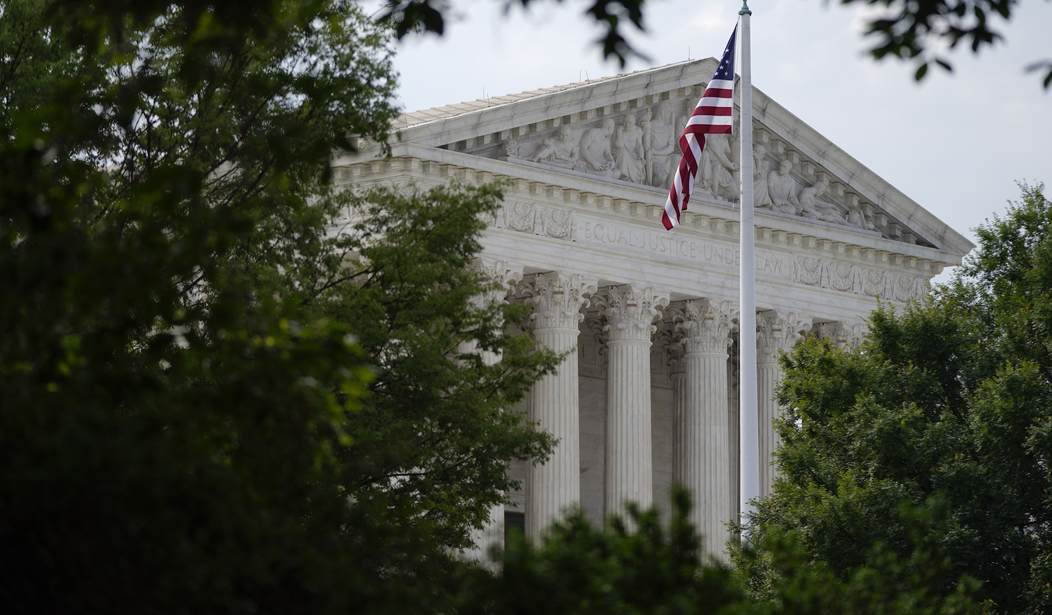Many statesmen and jurists have opined on the reality of religion’s role in American civic life. But former Presidents John Adams and Ronald Reagan may have most succinctly and accurately encapsulated not only the role of faith in government but the necessity of it.
In his October 1798 remarks to the Massachusetts militia, Adams told the assembled officers, “Our Constitution was made only for a moral and religious people. It is wholly inadequate to the government of any other.” We can see the prescience of Adams’s remarks in the government’s reaction to a recent court decision that hinged on constitutional issues.
When federal Judge Terry A. Doughty issued an injunction last week preventing the government from coordinating with social media platforms to censor constitutionally protected speech, the Biden administration’s response was to seek an emergency order to stay the injunction. The government wants very much to continue its censorship of citizens.
Notwithstanding the specious arguments involving disinformation and national security offered by the administration, advocating censorship of speech is not a moral position. It is a position embraced by totalitarian dictatorships from 1930s Germany to the Soviet Union, Communist China, and others. Few would describe these and similarly established regimes of the past century as moral.
Censorship is also incompatible with the religion of Reformed Christianity. Medieval European theocrats sought to censor the speech of Reformers who dared to preach the Gospel in the language of the people, facing many of them to imprisonment, torture, and death for defying state censorship.
Recommended
Freedom of speech, conscience, and other rights enshrined in our First Amendment were central to the Reformation centuries earlier. This amendment and much else in our Constitution is predicated on biblical Christianity as a foundation for civil law. From the 10 Commandments of Exodus to the laws that are “written on the heart,” the Constitution is clearly written from a moral and religious perspective for a moral and religious people.
But a nation cannot have a religious people without God, which explains why authoritarians are so keen on discouraging and removing God, and the importance of Him from public life. We see this primarily among governing structures first spawned during the French Revolution and, later, in Marxism and its offshoots.
Reagan understood the necessity of God in public life better than most presidents. In his remarks to a prayer breakfast in August 1984, Reagan articulated the need for God with remarkable clarity.
“Without God, there is no virtue because there’s no prompting of the conscience,” said Reagan. “Without God, we’re mired in the material, that flat world that tells us only what the senses perceive. Without God, there is a coarsening of society. And without God, democracy will not and cannot long endure.”
Reagan concluded, “If we ever forget that we’re one nation under God, then we will be a nation gone under.” He reflected on his observation of Adams that our Constitution and the republic under which it was founded would be wholly inadequate should America cease being a nation of moral and religious people.
There are many millions of moral, religious people in America today, but the number of those acknowledging a belief in God is declining. Survey data from Gallup shows that American church membership fell to 47% in 2020 compared with 70% in 1999. This is not to say a person cannot be religious or moral if they do not attend a church, synagogue, or mosque. Still, corporate worship is an indispensable and biblical imperative of Christianity. More to the point, Pew Research reports that in 2021, the number of American adults reporting no religious affiliation stood at 29%, nearly double the number reported in 2007.
Ask yourself: Do you see more virtue in America today than in 2007? Has society coarsened over the past 16 years? Are we a more materialistic people since the final years of the George W. Bush administration? It appears Reagan’s remarks from 1984 were right on the money.
If we take John Adams’s observation at face value, a scary proposition emerges. Should America cease being a nation of moral and religious people, and should our Constitution become wholly inadequate, we’re confronted with the question of what type of government might arise to replace our constitutional republic.
I cannot hazard a guess as to precisely what type of government that might be, but I can speculate as to its quality, and it’s no government for a free people.

























Join the conversation as a VIP Member